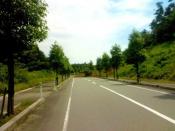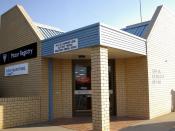Maria Mitchell wrote, "We have a hunger of the mind which asks for knowledge of all around us, and the more we gain, the more is our desire; the more we see, the more we are capable of seeing." (Johnson, 2006). Her belief about the benefits of knowledge is shared by associations around the world. Knowledge is an organizations greatest asset because it leads to innovation and the completion of objectives. Knowledge is used to make every decision, it is what ensures that problems are solved efficiently and decisions are made correctly (Levinson, 2008). Organizational learning is a process that enables individuals to create, discover, and adapt to new information. The way management handles their pool of knowledge and initiates the progression of new knowledge is critical. To create or maintain a competitive advantage they must retain or improve their knowledge. A group must find a way to present all of their knowledge in an organized to be communicated to others so that it can be used.
This creates problems for knowledge management when they do not fully understand or value the relationship between their organizational learning process and knowledge. What is the relationship between the two? Organizational knowledge and organizational learning are interrelated by the communication between the people in possession of knowledge and the people that are seeking knowledge. This paper will review literature, provide examples and look at situations to illustrate the importance of communication in organizational knowledge and learning.
Samuel Johnson wrote, "Knowledge is of two kinds: we know a subject ourselves, or we know where we can find information upon it." (Johnson, 2006). The communication between knowledge and learning must communicate information so one could obtain knowledge by accessing the information. Samuel Johnson is saying that to obtain and use our knowledge we either have...


